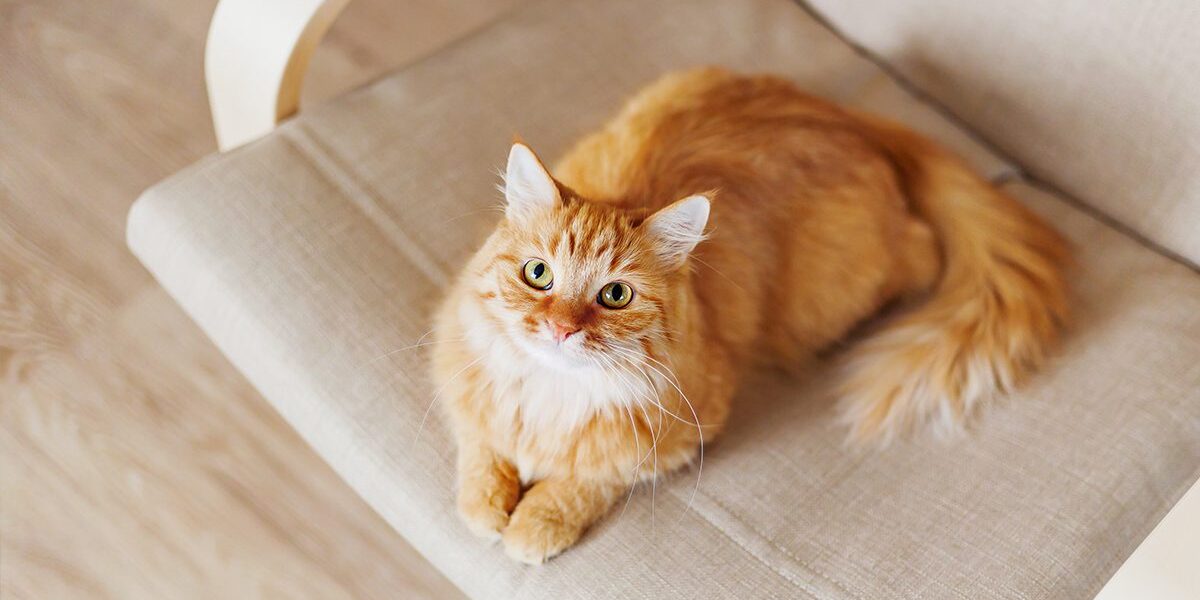
Feline Infectious Peritonitis (FIP): Why We Don’t Recommend the Vaccine
It’s one of the most feared diagnoses in veterinary medicine: FIP — Feline Infectious Peritonitis. When cat owners hear those three letters, it’s usually followed by a rush of emotion: fear, confusion, and the question we’ve heard many times here at PetMed of Key West Veterinary Clinic in Dubuque:
“Is there a vaccine for this?”
Technically, yes. But it’s not that simple.
What Is FIP?
FIP is a rare but devastating disease caused by a mutation of the common feline coronavirus. Most cats are exposed to feline coronavirus at some point in their lives — it typically causes mild, self-limiting gastrointestinal symptoms (or no symptoms at all). But in a small number of cases, the virus mutates inside the cat’s body and becomes FIP, triggering a severe and often fatal immune response.
FIP can appear in two forms:
- Effusive (wet) form — causes fluid buildup in the abdomen or chest, leading to difficulty breathing or a swollen belly
- Non-effusive (dry) form — causes weight loss, neurological issues, eye changes, and systemic inflammation
While rare, FIP is heartbreaking when it does occur — and unfortunately, there is no guaranteed way to prevent it.
The FIP Vaccine: Why We Don’t Recommend It
There is a vaccine still on the market that claims to prevent FIP. But the science just doesn’t support its use. Multiple studies have shown that the FIP vaccine has limited to no real-world efficacy, especially in multi-cat households or shelters — the very environments where the virus is most likely to mutate.
Worse, it must be given before a cat is ever exposed to feline coronavirus — something that’s nearly impossible to guarantee, as many kittens are exposed very early in life. That’s why, at PetMed of Key West, we do not recommend the FIP vaccine for any of our feline patients.
What We Do Recommend
Instead of relying on a weak vaccine, the best way to reduce your cat’s risk of FIP is through good husbandry and early wellness care, including:
- Keeping cats indoors to limit exposure to infected feces or shared litterboxes
- Avoiding overcrowded living situations
- Practicing good hygiene in multi-cat households or catteries
- Promptly addressing symptoms like fever, weight loss, or fluid buildup
Thankfully, FIP remains relatively rare, and recent advances in antiviral treatments are offering hope for some cases — though these therapies are still emerging and not universally accessible.
Have Questions About FIP?
We understand that FIP can be frightening, and the topic of vaccination even more so.
If you have questions about your cat’s risk — or if you’re introducing a new kitten to your home — we’re here to help. At PetMed of Key West Veterinary Clinic in Dubuque, we stay up to date on the latest research and make our vaccine recommendations based on real-world science, not just availability. For FIP, that means education and prevention, not vaccination.
